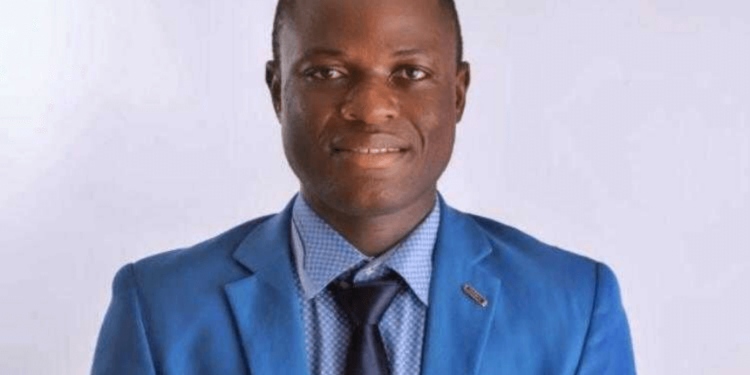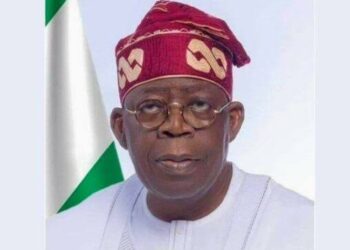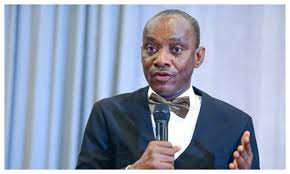The National Coordinator of the National Counter Terrorism Centre (NCTC), Maj.-Gen. Adamu Laka, has underscored the necessity of collaboration among various security agencies in tackling terrorism. Speaking at a five-day “Counter Terrorism Theory and Practice Course” in Abuja on December 9, Laka emphasized that no single agency could effectively combat terrorism on its own. He highlighted that collective action, with clear roles and responsibilities, is vital for making significant progress in national counter-terrorism efforts.
Laka pointed out that collaboration is essential for pooling resources, expertise, and information, which is crucial for both preventing and responding to terrorist threats. By working together, security agencies can strengthen their capacity to ensure a safer and more secure environment for Nigerian citizens. This collaborative approach, he noted, would not only enhance national security but also contribute to global counter-terrorism efforts, as terrorism knows no borders
The NCTC boss stressed the importance of inter-agency cooperation and cross-border partnerships, especially given the growing concern over terrorist activities and their detrimental impact on the nation’s socio-economic stability. He expressed that the course, organized in collaboration with the UK Counter Terrorism team, was timely and vital for fostering a unified approach to security challenges.
At the event, Lawrence Devlin, the Head of the Counter Terrorism Network for West Africa at the British High Commission, reiterated the UK’s commitment to supporting Nigeria in addressing shared security challenges. He stated that the course would examine the broader security issues facing the world in the 21st century, focusing on counter-terrorism strategies that can be adapted to both national and international contexts.
Dr. Aaron Edward, the course facilitator, outlined his intention to build on the successful partnership between the NCTC and the UK. He aimed to share valuable insights from the UK’s experience in dealing with terrorism, drawing lessons for participants from various Nigerian security agencies, including the military, police, and paramilitary forces.
































